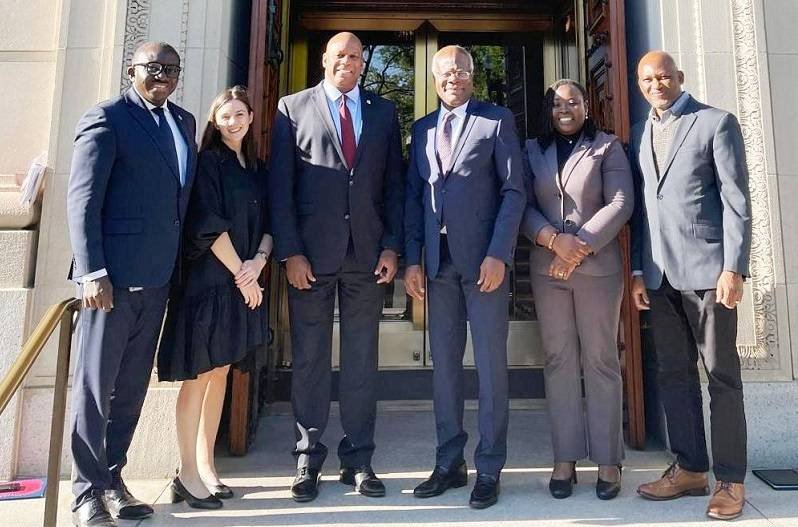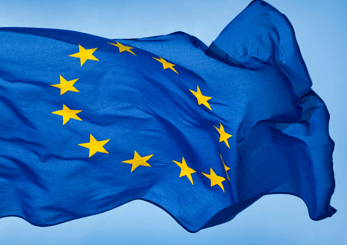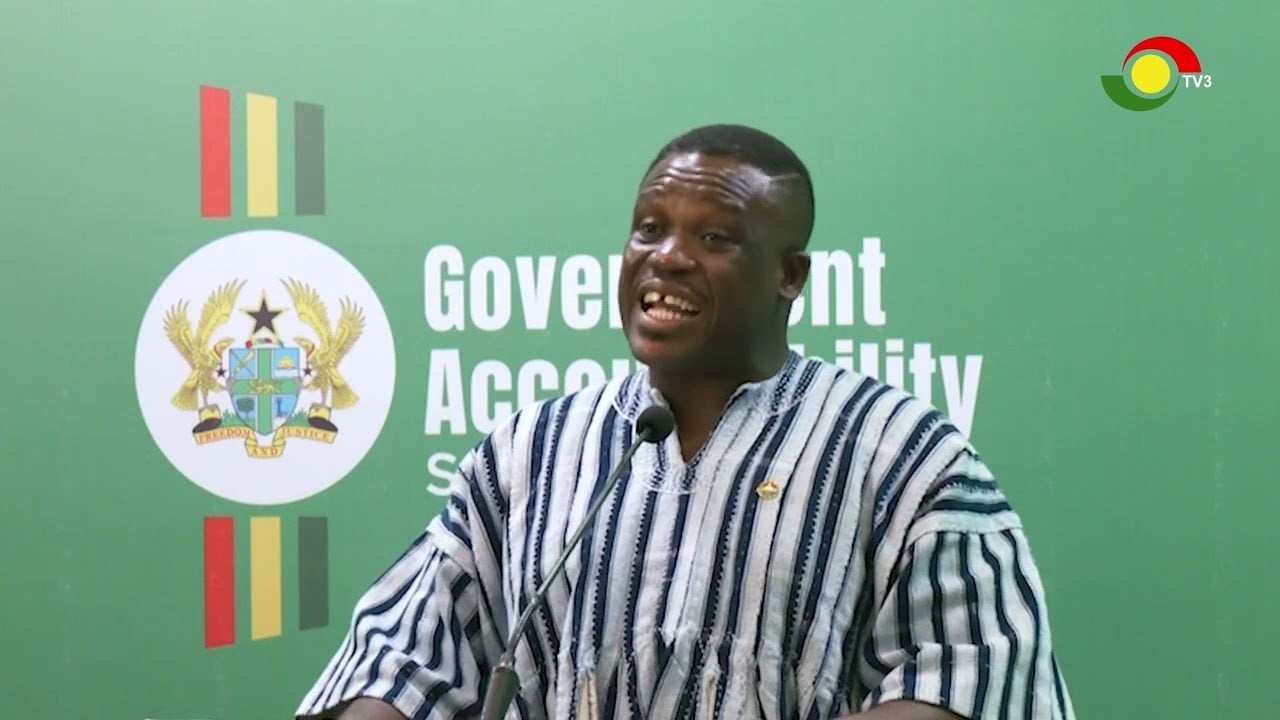
- leveraging strategic location, expertise to address shortfall
By Bernard Yaw ASHIADEY
Ghana International Bank (GHIB), a cornerstone of West African trade finance for over 65 years, is stepping up efforts aimed at addressing the continent’s substantial trade finance gap, estimated at US$80-100billion, says Chief Executive Officer, Dean Adansi.
In an exclusive interview with the B&FT, he argued that a combination of the bank’s expertise coupled with the far-reaching implications of financing trade makes the decision a manifest choice. “There is a lot we could do to bridge that gap. It is a tremendous opportunity for an institution like GHIB, which has a long and successful history in trade finance,” he said.
GHIB’s unique value proposition, Mr. Adansi explained, stems from its position as a London-based bank with deep Ghanaian roots, with the Bank of Ghana as the principal shareholder. The bank also has a transactional footprint in other countries across sub-Saharan Africa (SSA).
The bank’s strategic location – in the City of London and with a representative office in Accra – grants them critical advantages, its CEO added. First, GHIB offers proximity to global clearing markets, a benefit absent in sub-Saharan Africa, which facilitates trade transactions.
Additionally, with a long history in trade finance, GHIB offers extensive knowledge and experience to navigate complex trade deals. Furthermore, GHIB’s standing as a bank regulated by the United Kingdom’s Financial Conduct Authority (FCA) and Prudential Regulation Authority (PRA) assures international institutions of the bank’s adherence to rigorous regulatory oversight, enhancing credibility.
GHIB’s head said his outfit focuses on supporting financial institutions and state-owned enterprises (SOEs) across West Africa.
The bank provides a variety of services to bridge the trade finance gap. These include structured trade finance solutions using a combination of traditional trade products like letters of credit, guarantees, et cetera, which mitigate risks for importers and exporters and provides comfort to suppliers.
GHIB also facilitates foreign exchange transactions for financial institutions, enabling them to conduct business across borders. Additionally, they act as a correspondent bank for other financial institutions, enabling them to offer international trade finance services to their clients.
Highlighting a recent example of GHIB’s impact, Mr. Adansi said: “We provided foreign exchange support to the Government of Malawi through its central bank. It was a well-priced, one-year transaction for a country facing macroeconomic challenges. We understood the situation well enough to take calculated risks and underwrite a successful transaction for both parties”.
Beyond singular transactions, GHIB plays a vital role in supporting critical industries within the region. For the past 25 years, they have served as the collection agent for Cocobod’s loan receivables back facility, a programme worth roughly US$1billion annually.
“Supporting the Ghanaian cocoa economy every year is critical and a very sensitive undertaking, as we ensure there are no Anti-Money Laundering/Combating the Financing of Terrorism (AML/CFT) breaches,” he noted.
The bank has already begun making further inroads into East Africa with bilateral relationships in Tanzania, Kenya and Malawi.
Looking ahead, GHIB sees itself as a key partner in growing SSA’s share of global trade from the current three percent and fostering economic growth across the continent, particularly in light of the African Continental Free Trade Area (AfCFTA). This, he noted hinges on improved partnership with local actors.
“It is about how we support local financial institutions. They lend to small businesses and need GHIB’s support as a London-based bank with access to clearing facilities and expertise in trade finance,” he explained.
By collaborating with local institutions and leveraging their trade finance expertise, GHIB is well-positioned to play a transformative role in Africa’s economic future. “The more we do to accelerate trade, the more we can grow GDP and reduce indebtedness across these markets. We are in a good position to make a positive impact,” he added.
The post GHIB steps up efforts to bridge US$100bn trade finance gap appeared first on The Business & Financial Times.
Read Full Story












Facebook
Twitter
Pinterest
Instagram
Google+
YouTube
LinkedIn
RSS